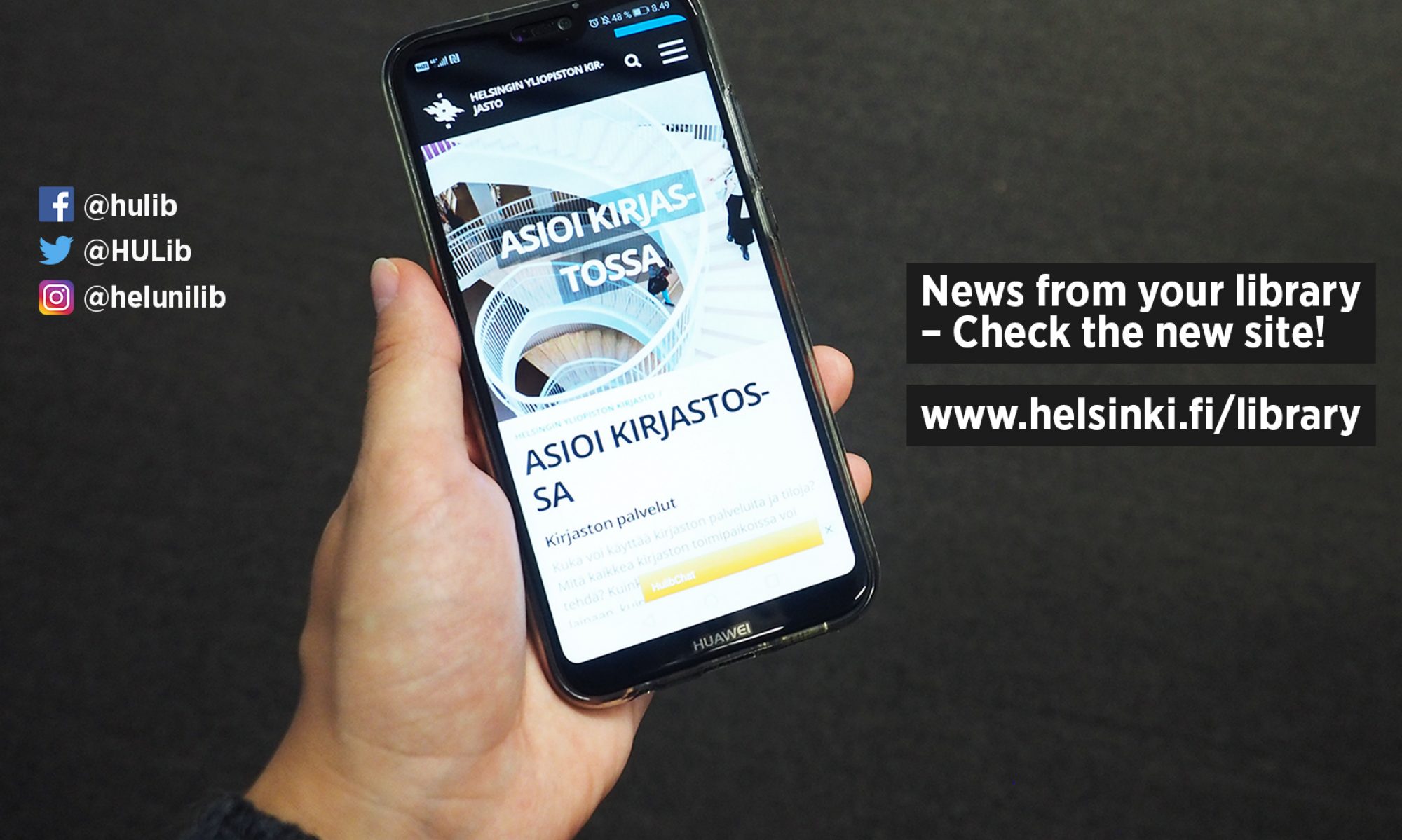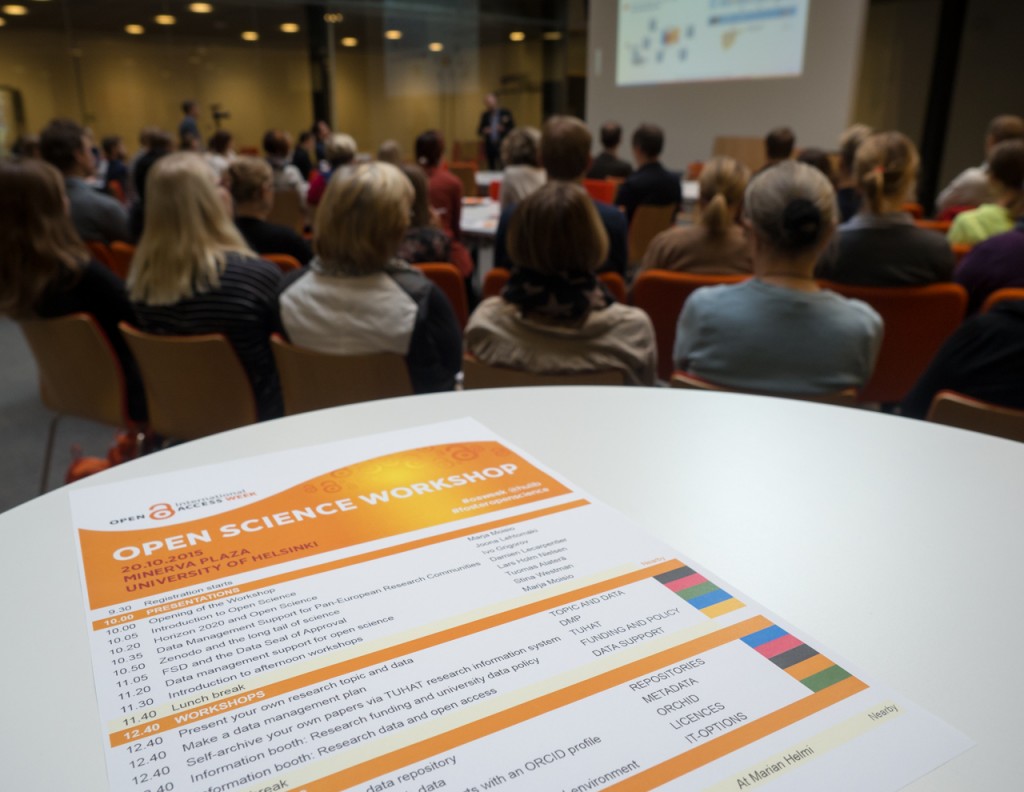International science publisher Elsevier and Finland’s higher education and research institutes have agreed on one year’s extension to negotiations on electronic journals. More time is needed in order to find a solution for advancing open access, which is an extremely important goal for the Finnish research community.
This one year agreement makes it possible for researchers at University of Helsinki to continue using Elsevier’s journals in 2017 while the negotiations continue.
FinELib consortium, which s represents Finnish universities, universities of applied sciences, and research institutes in the negotiations, has two primary objectives: Getting the increasing price of scientific journal subscriptions under control, and reaching an agreement that improves the opportunities of Finnish researchers for publishing their articles openly online for all to use.
“During the negotiations this autumn, it became clear that regardless of the will of the international research community, Elsevier is reluctant to develop open publishing business models, and instead wants to maintain the old subscription model. The publisher still sees open publishing as a marginal operating model, and not as the future of scientific publishing. It is a delaying tactic from the publisher to charge high additional fees for open articles when higher education and research institutes already pay constantly increasing subscription fees. Now we demand that Elsevier over the next year shows the ability to change and take a new direction towards open access which research community needs and expects.” says Keijo Hämäläinen, Vice-Rector of the University of Helsinki and chairman of the negotiations.
Finland’s course is set towards open publishing through the goals laid out by the Ministry of Education and Culture, the Open Science and Research Initiative and the European Union. Open publishing increases the visibility of science and improves the opportunities for the whole society to utilise research conducted with public funds.
Finland’s scientific community has given its support to FinELib’s negotiation goals. Released in late November, the Tiedonhinta.fi site has received 2700 signatures from the scientific research community. The signatories abstain from refereeing and editorial duties for the journals of the publishers involved in FinELib’s negotiations until FinELib can reach the negotiation goals.
“Open publishing and the price of scientific knowledge are themes that are emphasised in similar negotiations all over the world, for example in the current negotiations in Germany” says Kristiina Hormia-Poutanen, a member of the negotiation group and Director of Library Network Services at the National Library of Finland. “Perseverance and a united front are the only way that the scientific community may affect large commercial publishers and effect a permanent change in the models of scientific publishing.”
One year extension to the agreement makes it possible to find an open access model that genuinely promotes open access publishing without increasing the cost of publishing. If no agreement on open access is reached during 2017, the Finnish scientific community might at the end of year 2017 lose access to many important scientific journals.
Further information:
Keijo Hämäläinen, Vice-Rector of the University of Helsinki, chair of the contract negotiation group, tel. + 358 29 415 0640, Keijo.Hamalainen(at)helsinki.fi
Kristiina Hormia-Poutanen, Director, National Library of Finland/Library Network Services, tel. +358 50 552 3056, kristiina.hormia(at)helsinki.fi

